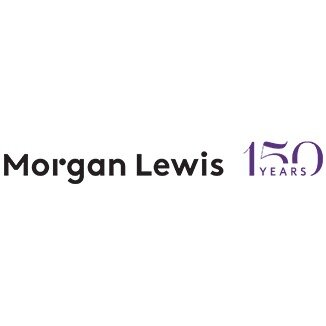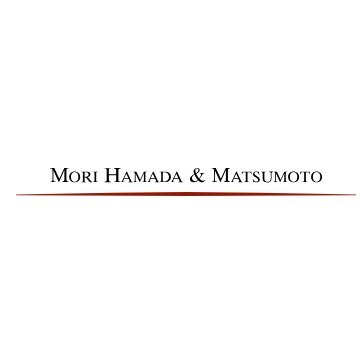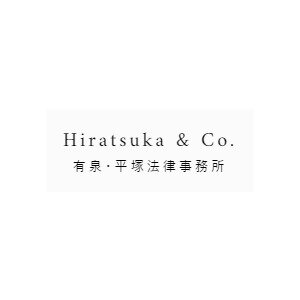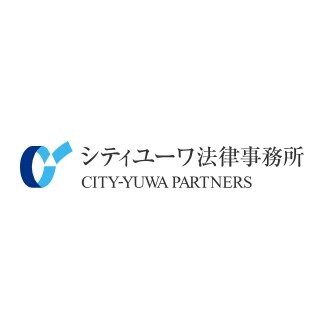Best Energy Regulatory Law Lawyers in Chiyoda-ku
Share your needs with us, get contacted by law firms.
Free. Takes 2 min.
List of the best lawyers in Chiyoda-ku, Japan
About Energy Regulatory Law in Chiyoda-ku, Japan
Energy Regulatory Law in Chiyoda-ku, Japan, plays a fundamental role in governing the production, distribution, and consumption of energy such as electricity, gas, and renewables. As Chiyoda-ku is at the heart of Tokyo and home to many government institutions and corporate headquarters, the area is particularly attuned to national and local regulations related to energy. The legal framework aims to ensure energy reliability, promote competition, support sustainability initiatives, and protect consumer interests. Regulatory laws influence how energy companies operate, how contracts are structured, and how environmental concerns are managed, making legal expertise crucial in this field.
Why You May Need a Lawyer
There are several reasons you might need a lawyer specializing in Energy Regulatory Law in Chiyoda-ku. Individuals and businesses may encounter compliance challenges with industry regulations, disputes over energy supply contracts, or need assistance obtaining permits and licenses. Companies entering the renewable energy sector must navigate complex regulations and government incentive programs. Additionally, legal representation may be required in case of penalties or enforcement actions by regulatory bodies. Whether you are a homeowner facing power supply issues, a corporation developing large-scale projects, or a startup seeking to innovate in energy markets, professional legal advice can help protect your interests.
Local Laws Overview
Energy regulation in Chiyoda-ku is primarily governed by national laws such as the Electricity Business Act, the Gas Business Act, and the Renewable Energy Special Measures Act. The Ministry of Economy, Trade and Industry (METI) enforces these laws and oversees licensing, compliance, and monitoring of energy businesses. Local ordinances may impose additional requirements, particularly in areas of urban development, energy conservation, and emergency preparedness. Important aspects include feed-in tariffs for renewable energy, obligations to reduce carbon emissions, consumer protection provisions, and dispute resolution mechanisms. Businesses in Chiyoda-ku should be aware of environmental impact assessment procedures and community notification requirements, which are critical in high-density urban areas.
Frequently Asked Questions
What is the role of METI in energy regulation?
The Ministry of Economy, Trade and Industry (METI) is the central body responsible for energy policy, licensing, supervision, and enforcement of energy laws across Japan, including Chiyoda-ku.
Do I need a license to generate electricity for commercial use?
Yes, commercial electricity generation requires a license from METI, and applicants must meet safety, technical, and financial requirements.
Are there incentives for renewable energy in Chiyoda-ku?
Japan provides feed-in tariffs and subsidies for renewable energy projects, which businesses in Chiyoda-ku can access if they meet certain criteria.
How can consumers address disputes with energy providers?
Consumers can file complaints with the relevant provider first, and then escalate issues to the Consumer Affairs Center, or appropriate regulatory bodies if not resolved.
What are the environmental compliance requirements?
Energy businesses must conduct environmental impact assessments, manage emissions, and comply with both national and local environmental protection standards.
Can foreign investors operate energy businesses in Chiyoda-ku?
Foreign entities can invest in Japanese energy markets, but may face restrictions or need special approvals, particularly for strategic or infrastructure-related investments.
What happens if a company violates energy regulations?
Violations can result in administrative penalties, license revocation, or legal action. METI and other authorities enforce compliance and conduct inspections.
Are there special rules for large-scale energy projects?
Yes, large projects may require more comprehensive licenses, community consultations, and detailed environmental assessments.
Is energy supply regulated for consumers?
Yes, there are rules to ensure consumers receive stable, fair-priced energy supply and transparent billing, enforced by national and local regulators.
Where can I find updates on energy regulations?
Official bulletins from METI, Chiyoda-ku ward office notifications, and publications by industry associations provide ongoing updates.
Additional Resources
Useful resources for those seeking guidance on Energy Regulatory Law in Chiyoda-ku include the Ministry of Economy, Trade and Industry (METI), the Chiyoda-ku Ward Office Environmental Section, the Japan Electric Power Information Center, and the Tokyo Metropolitan Government’s Energy Policy Division. The Japan Renewable Energy Foundation and legal aid centers can also support individuals and businesses. For consumer complaints, the National Consumer Affairs Center of Japan is a reliable contact point.
Next Steps
If you need legal assistance with an energy regulatory matter in Chiyoda-ku, start by identifying your specific concern, such as compliance, contracts, or environmental issues. Gather relevant documentation and consider scheduling a consultation with a lawyer specializing in energy law. The Chiyoda-ku Ward Office and METI can provide guidance or referrals. For complex or high-stakes matters, partnering with a law firm experienced in Japanese energy regulation is highly recommended. Early legal input helps prevent disputes and ensures that projects or transactions proceed smoothly and within the law.
Lawzana helps you find the best lawyers and law firms in Chiyoda-ku through a curated and pre-screened list of qualified legal professionals. Our platform offers rankings and detailed profiles of attorneys and law firms, allowing you to compare based on practice areas, including Energy Regulatory Law, experience, and client feedback.
Each profile includes a description of the firm's areas of practice, client reviews, team members and partners, year of establishment, spoken languages, office locations, contact information, social media presence, and any published articles or resources. Most firms on our platform speak English and are experienced in both local and international legal matters.
Get a quote from top-rated law firms in Chiyoda-ku, Japan — quickly, securely, and without unnecessary hassle.
Disclaimer:
The information provided on this page is for general informational purposes only and does not constitute legal advice. While we strive to ensure the accuracy and relevance of the content, legal information may change over time, and interpretations of the law can vary. You should always consult with a qualified legal professional for advice specific to your situation.
We disclaim all liability for actions taken or not taken based on the content of this page. If you believe any information is incorrect or outdated, please contact us, and we will review and update it where appropriate.














